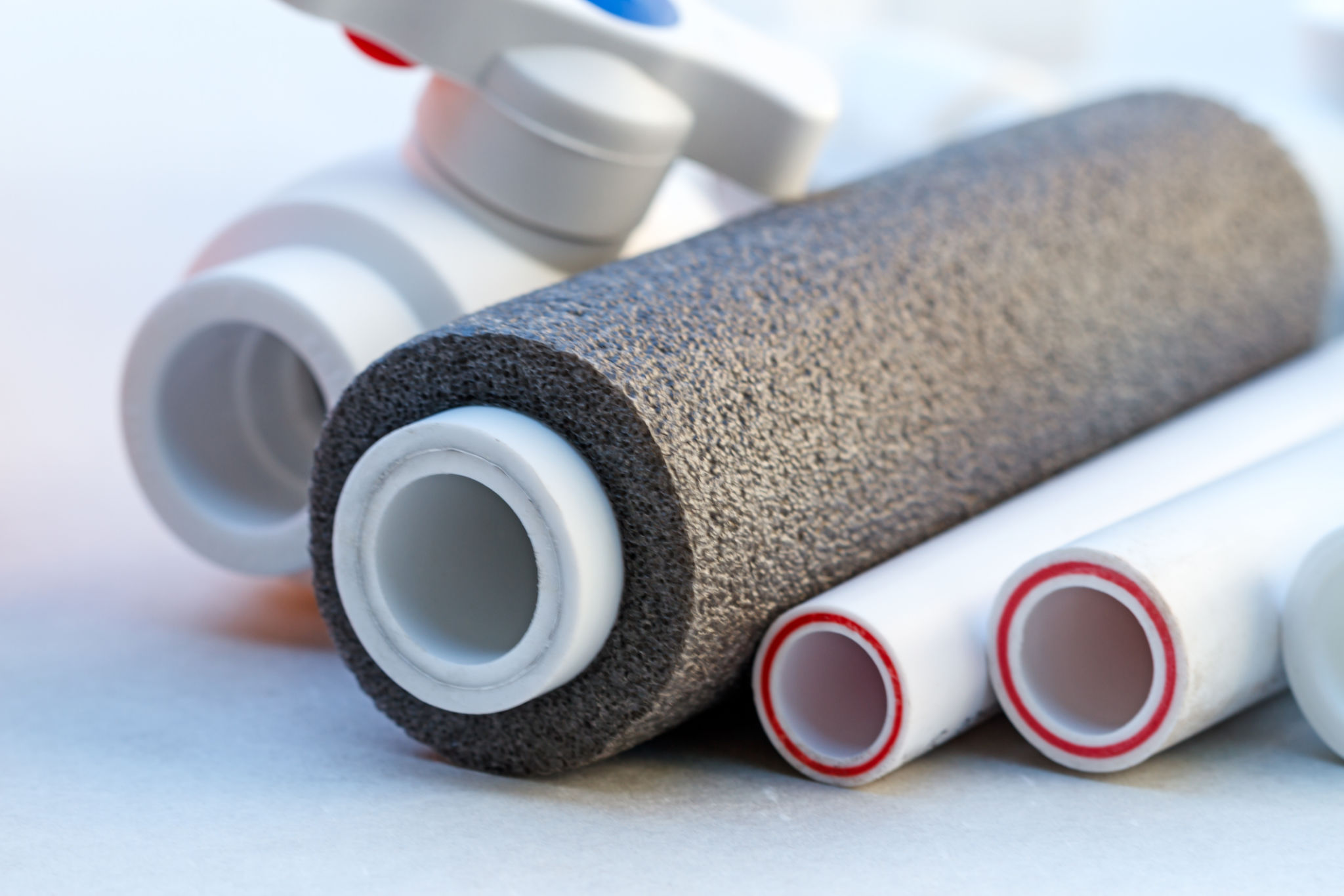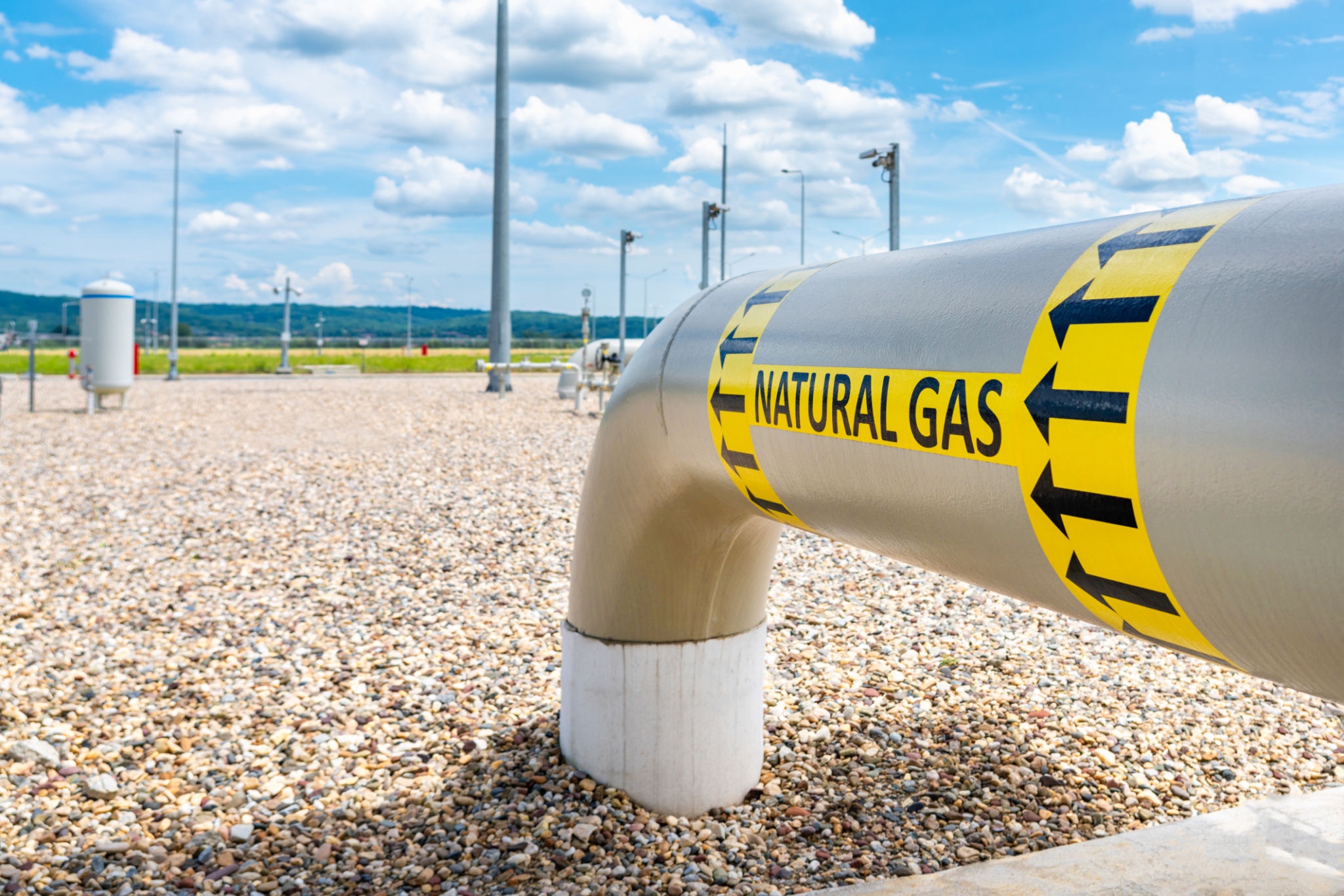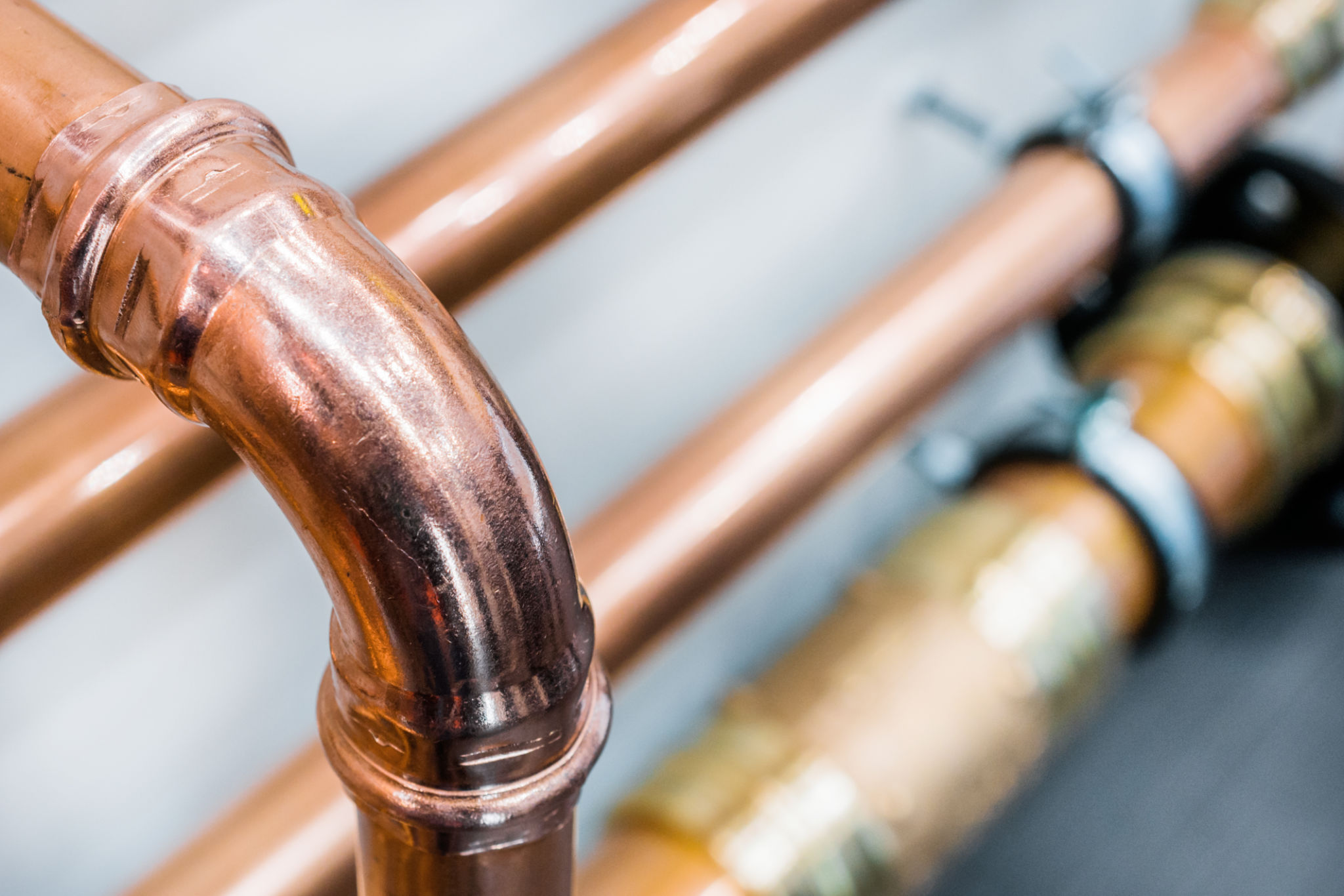The Ultimate Guide to Polyethylene Pipes: Benefits and Applications
Introduction to Polyethylene Pipes
Polyethylene pipes are a versatile and durable choice for a wide range of applications. Made from high-density polyethylene (HDPE), these pipes are known for their strength, flexibility, and resistance to corrosion. This makes them an ideal solution for various industries, including water supply, gas distribution, and sewage systems.

Key Benefits of Polyethylene Pipes
One of the primary benefits of polyethylene pipes is their exceptional durability. They are resistant to chemical corrosion, which significantly extends their lifespan compared to traditional metal pipes. Additionally, their flexibility allows them to withstand shifts in the ground, reducing the risk of damage during natural events like earthquakes.
Another significant advantage is the ease of installation. Polyethylene pipes are lightweight, simplifying transportation and handling. This reduces labor costs and shortens installation time. Furthermore, their smooth interior surface minimizes friction, enhancing fluid flow and reducing energy costs.
Environmental Benefits
Polyethylene pipes offer environmental advantages as well. They are fully recyclable, contributing to sustainable practices in the construction and utility industries. Their long lifespan means fewer replacements are needed, minimizing waste over time.

Applications of Polyethylene Pipes
Water Supply Systems
In water supply systems, polyethylene pipes are favored for their non-toxic nature and resistance to bacterial growth. They do not corrode or rust, ensuring a clean water supply over many years. Their flexibility also allows for easier installation in challenging terrains.
Gas Distribution
For gas distribution, polyethylene pipes provide a safe and reliable option due to their strength and resistance to leaks. They can be installed using trenchless technology, which minimizes disruption to existing infrastructure and reduces installation costs.

Sewage and Wastewater Management
Polyethylene pipes are an excellent choice for sewage and wastewater management systems. Their chemical resistance ensures they can handle harsh waste materials without degrading. Moreover, their leak-free joints prevent contaminants from entering or leaving the pipe system.
Choosing the Right Polyethylene Pipe
When selecting polyethylene pipes for a specific application, consider factors such as pipe diameter, wall thickness, and pressure ratings. Consulting with a professional can help ensure the right specifications are chosen for the intended use.
Additionally, consider the installation environment and any local regulations that may impact your choice. With proper selection and installation, polyethylene pipes can provide a long-lasting and efficient solution for your needs.

Conclusion
Polyethylene pipes offer numerous benefits, making them a popular choice across various industries. Their durability, flexibility, and environmental advantages make them an excellent investment for both small-scale and large-scale projects. By understanding their applications and benefits, you can make informed decisions about incorporating these versatile pipes into your infrastructure projects.